20 Jan Creaghe – Creagh
Author Unknown, perhaps Percy F.S. Creaghe or Philip C. Creaghe
The final E appears only to have been used by the Creaghes of Rheens and Tipperary Branches. The last representations of the Senior branch of the Rheens family – John Fitzstephen Creaghe.
Written to P.C.C [Philip Crampton Creaghe]. – May 13, 1879, says:
Some letters and other documents signed with it (the E), which are about 200 years old.
About 1679 Charles II – Louis XIV of France.
The Cork branches of the family do not use the final E.
The name to vary arbitrary variations of pronunciation.
We and the Cork families pronounced it “Cray”.
There is a village Creagh (Cree-ah).
In Que a working class family Cr-ah
HERIMONE (According to “The Saltar of Cashel”, reigned for 14 years anno mundi 2738)
The Saltar of Cashel does not now exist in its original form. It was written about AD 900 by Cormac O’Cuilean a nu and re-edited circa AD 1000 It now only exists in parts in “The Book of Lecan” (Book of Rights), “The Book of Ballymote”, “The Book of Leinster”.
The family of Creaghe is of Milesian Origin – according to the pedigree compiled from “The Saltar of Cashel”. They are descended from Herimon Monarch of Leinster who reigned 14 years of Anno Mundi 2738. He was second sone of Milesius by his wife Scota, daughter of one of the Pharaohs of Egypt.
“About the time that Troy fell and Rome was founded,” from Scythia through Spain with harp and battle axe and an advanced stage of civilization, came that “remarkable dynasty of Milesian chiefs, who for centuries formed its governing and enlightened class, moulding its institutions, and shaping its destinies.
The invasion from Spain led by Milesius was to arrange the murder of his uncle, Ith, who whilst on a friendly visit to Erin was slain by the Tuatha Danaans.
These Tuatha Danaans appear where succeeded probably by conquest, the Firbolgs as earlier inhabitants of Erin – long before the era of authentic history oral or written. So the Creaghe trace their descent, through Herimon Am 2738 – AD 377 down to Naill of the Nine Hostages Anno Christi 377 and his son Eogau (or Eugenius). The origin of the name follows.




No Comments